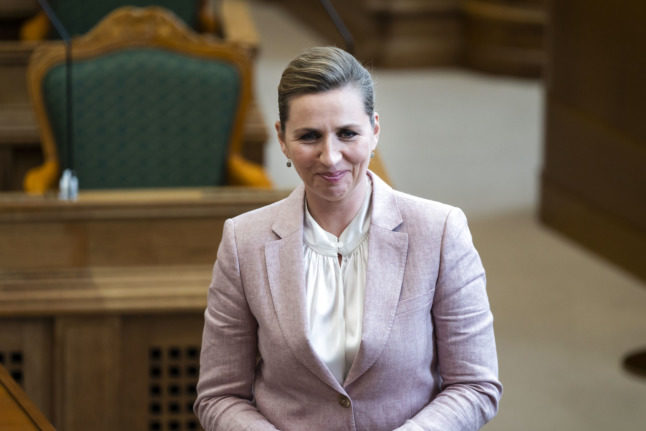Faced with intensified terrorist threats and cyber attacks, France's external intelligence services the DGSE (La Direction générale de la sécurité extérieure) are on the hunt for hundreds of new agents.
The DGSE is to reinforce its team with 600 new spies between now and 2019 to bring them to a total of 7000 agents – far below the estimated 21,000 employed by the CIA.
While Hollywood has lead us to think the perfect spy is one with an athletic body that can jump across rooftops and down baddies with an array of gadgets, the DGSE are searching for a different kind of spy.
Ideally one who knows their way around a computer and the internet. As well as tech whizzkids the French intelligence services are also looking for linguists, engineers and analysts preferably straight out of university.
The head of the DSGE, Bernard Bajolet, spoke to students at the National School of Administration at Strasbourg this week to try to stir up some interest and attract some of the brightest brains in the country.
Apart from the possibility of becoming France’s next Jacques Bond, students were enticed with a starting salary of between €33,000 and €35,000.
Hopeful candidates will apply to their specialist pathway: the tech-savvy will need to prove they can hack systems and decrypt codes, while linguists will have to show they can speak not only French and fluent English, but also increasingly required languages Russian, Arabic, or Chinese.



 Please whitelist us to continue reading.
Please whitelist us to continue reading.